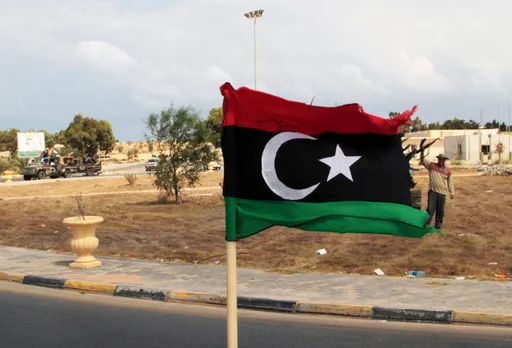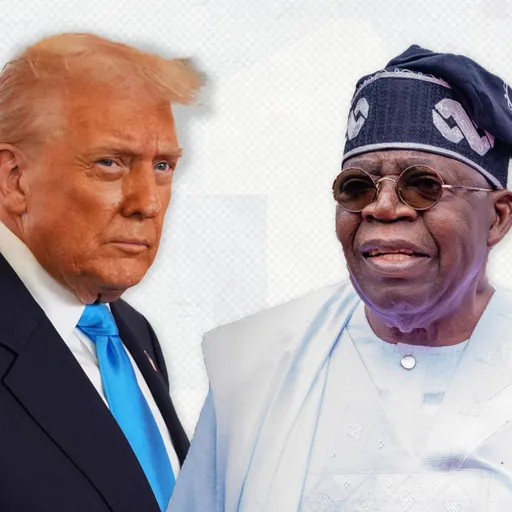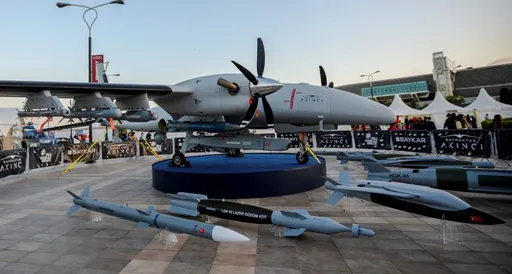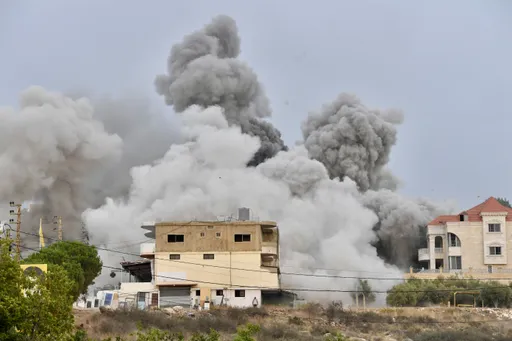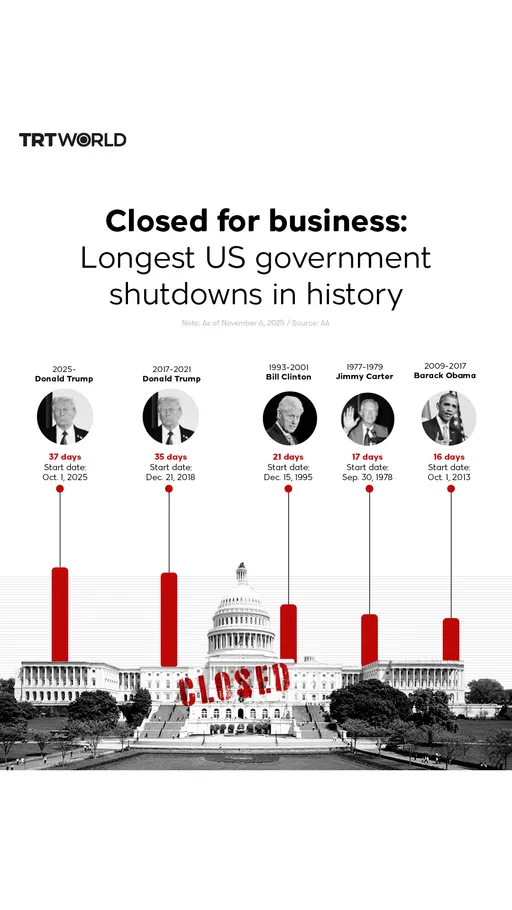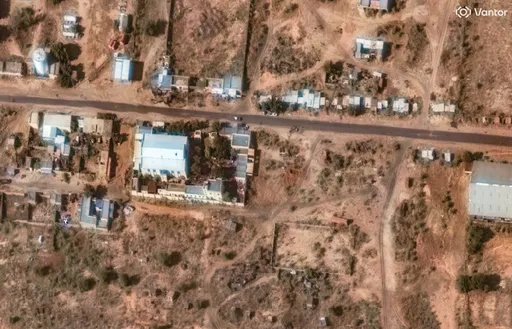Tensions around the Horn of Africa are rising since landlocked Ethiopia signed a preliminary agreement with Somaliland on January 1 to gain access to the latter’s Berbera Port on the Red Sea.
Somaliland is a breakaway region of Somalia. It is not internationally recognised as an independent state.
After weeks of diplomatic efforts to ease the tensions failed, Mogadishu has taken a defiant tone, saying there cannot be any mediation unless Addis Ababa cancels the controversial maritime deal.
In a sign of rising tensions, Somali Civil Aviation Authority has refused foreign airlines from using its airspace to fly to Somaliland.
The crisis is centered around a complex history of the countries in the neighbourhood that include Eritrea and Djibouti. All of them are located in East Africa, a region that is across the Red Sea from Yemen where Houthis are being attacked by the United States.
A fraught deal
On January 1, Ethiopian Prime Minister Abiy Ahmed and Somaliland President Muse Bihi Abdi inked a memorandum of understanding (MoU).
As part of the deal, Somaliland will lease a 20 km stretch of its coastline on the Red Sea to Ethiopia to establish a naval base and a commercial port.
At the time Abiy's office said the MoU would strengthen security, economic, and political partnerships between the two countries.

Somalia crisis (TRT World)
But under international law, the deal is problematic. It could increase existing tensions between Somalia and Ethiopia.
Somaliland declared independence from Mogadishu in 1991. Since then it has established a functioning government with a police and military and has its own currency. Yet, it has failed to secure international recognition.
As per international law, Somaliland is recognised as a part of Somalia. What complicates the matter are the regional rivalries and geopolitics at play.
For instance, Egypt is in dispute with Ethiopia over the Grand Ethiopian Renaissance Dam (GERD). Houthis have attacked foreign shipping lines in nearby Bab el Mandeb Strait in support of Palestinians. Sudan is in the grip of an internal conflict.
With so much already happening in the region, it’s important to analyse Ethiopia’s intentions.
Ethiopia’s regional strategy
Ethiopia’s international trade is linked to its diplomatic engagements with the neighbouring Red Sea countries.
Therefore, Ethiopia’s relations with Eritrea, Djibouti, and Somaliland play key roles in its foreign policy.
Ethiopia used to have access to the Red Sea until 1993 when Eritrea declared independence, leading to a decades-long border dispute. The signing of a peace agreement in 2018 following Abiy Ahmed’s rise to power led to significant improvements in their relationship, revitalising trade and diplomatic ties.
But it’s neighbouring Djibouti that Ethiopia has relied upon for its maritime trade.
Djibouti handles a significant portion of Ethiopia’s imports and exports. Indeed, Ethiopia has invested in joint rail and road projects with China to facilitate trade and strengthen commercial ties with Djibouti.
In 2021, the Addis Ababa administration announced a project to extend this railway line to the Berbera port in Somaliland.
The economic and security deals signed between Ethiopia and Somaliland offer an alternative trade route, in addition to Ethiopia’s traditional connections with Eritrea and Djibouti.
For Ethiopia, Somaliland represents a strategic alternative to diversify its dependence on Djibouti’s port and avoid worrying about potentially tense relations with Eritrea.
In addition, Ethiopia's desire to reduce its dependence on Djibouti is also a precaution against the alignment of Somalia, Djibouti, and Eritrea around common interests in the region. Thereby, it’s a significant step in diversifying and securing Ethiopia’s regional trade.
However, the international recognition of Somaliland as a part of Somalia and lingering historical issues between Addis Ababa and Mogadishu pose a challenge to the deal between Ethiopia and Somaliland.
What the regional powers say
The MoU between Ethiopia and Somaliland presents both opportunities and challenges to regional groups such as the African Union and the United Nations.
While the agreement promotes regional economic development and cooperation, it has also significantly impacted the regional security and political balance. For instance, the United Nations, African Union, Intergovernmental Authority on Development (IGAD), and East African Community emphasise the need to address Somalia’s concern. Not doing so can play into the hands of terrorist groups.
Al Shabab, a terrorist group linked to Al Qaeda, has been fighting Somalia’s central government for about 17 years. It has carried out attacks in Kenya and Uganda, and stands to benefit if the Ethiopia-Somaliland deal leads to any regional conflict.
Such a situation can allow Al Shabab’s base to get stronger and increase recruitment from within the Somali community.
Al Shabab's opposition to the Ethiopia-Somaliland MoU could strengthen its position among Somalis who see the deal as an attack on their sovereignty and the group can position itself as a defender of Somali interests.
Another critical dimension is at play in the region.
Ethiopia, which officially became a member of the BRICS group on January 1, enjoys close ties with Beijing. At the same time, Taiwan, which Beijing claims as its own territory, has established diplomatic and economic ties with Somaliland.
The US has put its weight behind Somalia.
US Special Envoy for the Horn of Africa Ambassador Mike Hammer recently said that Washington recognises Somalia’s “sovereignty, unity, and territorial integrity, which includes Somaliland.”
Regional heavyweight Egypt, which has had a tussle with Ethiopia over the sharing of Nile water, is supporting Somalia. The Arab League, African Union, and the European Union have all called for preserving Somalia’s territorial integrity.
In the backdrop of this, it’s important for Ethiopia to focus on navigating these complexities while it finds ways to bolster its trade and security without exacerbating regional tensions.
For broader East African geopolitics, this development calls for increased diplomatic engagement on an immediate basis.






